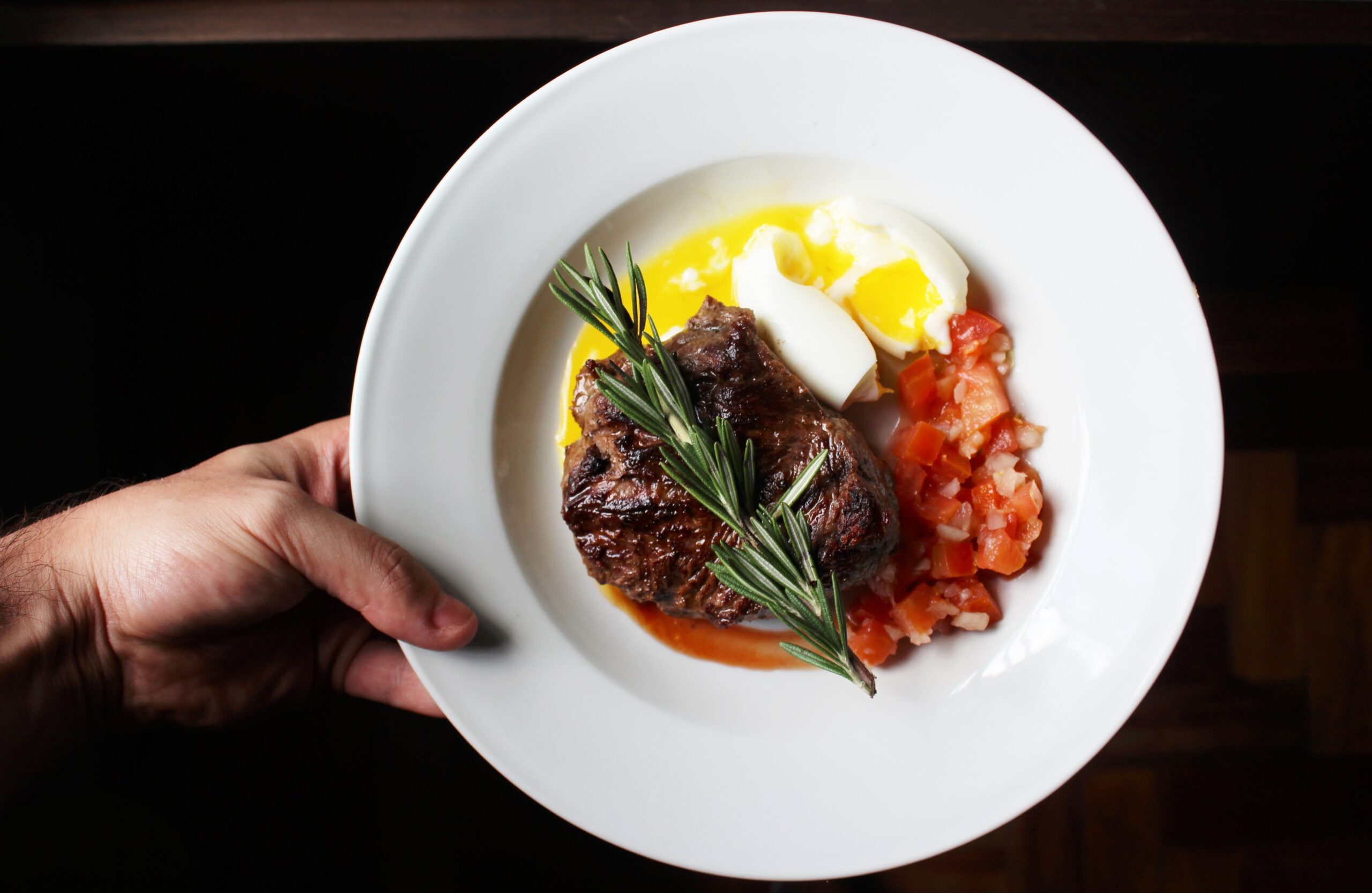The paleo diet, also known as the Paleolithic or caveman diet, is based on the idea of eating foods that our ancestors would have consumed during the Paleolithic era.

What to eat.
The diet typically includes lean meats, fish, fruits, vegetables, nuts, and seeds, while excluding processed foods, grains, legumes, dairy products, refined sugars, and artificial additives. While there is some evidence to suggest that the paleo diet can offer health benefits, including potential improvements in gut health, it’s essential to understand the underlying mechanisms.
What’s your gut got to do with it?
The gut lining, specifically the lining of the small intestine, plays a crucial role in nutrient absorption and acts as a barrier to prevent harmful substances from entering the bloodstream. An unhealthy gut lining can lead to various issues, such as leaky gut syndrome, which occurs when the intestinal barrier becomes compromised, allowing undigested food particles, toxins, and bacteria to leak into the bloodstream, triggering inflammation and potential health problems.
The paleo diet may promote gut health through several mechanisms:
- Reduced Inflammatory Foods: The paleo diet eliminates processed foods, refined sugars, and many potential allergens, which are known to cause inflammation. By avoiding these inflammatory foods, the gut lining may have a chance to heal and function optimally.
- Increased Nutrient-Dense Foods: The paleo diet emphasizes whole foods, such as fruits, vegetables, and lean meats, which are rich in essential nutrients, antioxidants, and fiber. These nutrients support gut health and may promote the growth of beneficial gut bacteria.
- Gut Microbiome Balance: A healthy gut microbiome, the community of microorganisms living in the gut, is vital for gut health. The paleo diet, with its focus on whole foods, may positively impact the gut microbiome by supporting the growth of beneficial bacteria and reducing harmful ones.
- Gluten and Lectins Avoidance: The paleo diet excludes grains and legumes, which contain gluten and lectins, respectively. Gluten is a protein found in wheat, barley, and rye that can be problematic for some individuals. Lectins are natural compounds found in many plant foods, which can potentially damage the gut lining in some people. By avoiding these substances, the gut lining may have a chance to heal.
- Potential Autoimmune Benefits: Some proponents of the paleo diet believe that it may have positive effects on autoimmune conditions. By reducing inflammation and improving gut health, it is thought that the diet may help in managing certain autoimmune disorders that can affect the gut, such as celiac disease.
If you have concerns about your gut health or are considering making significant changes to your diet, I’d love to hear from you. I can help support you to make informed decisions and create a well-balanced diet plan that supports your overall health. Book a Complimentary Consult below.




